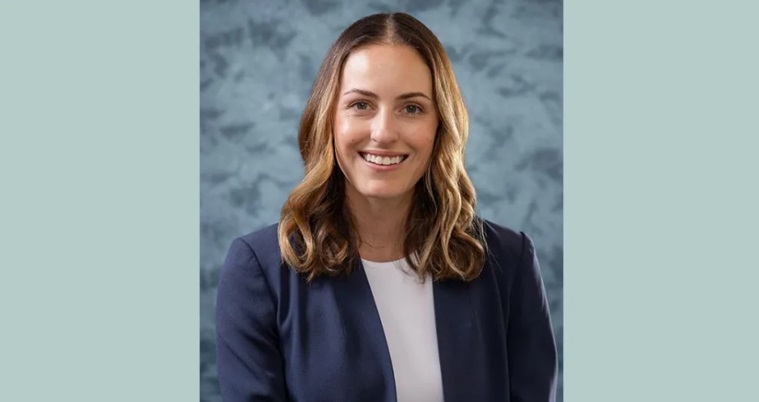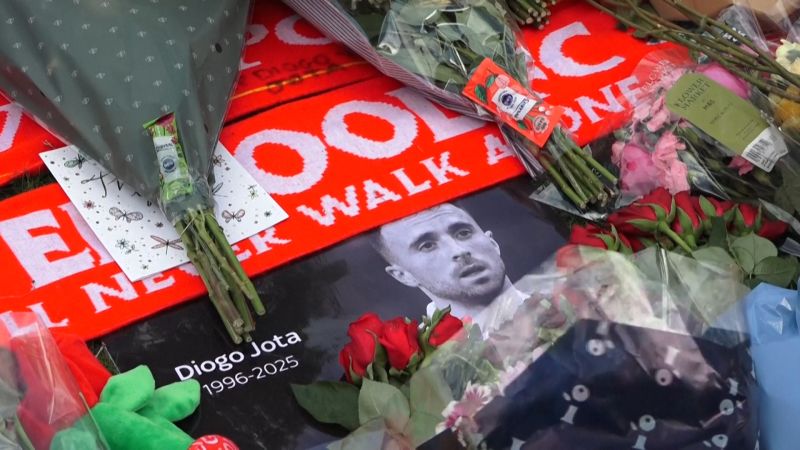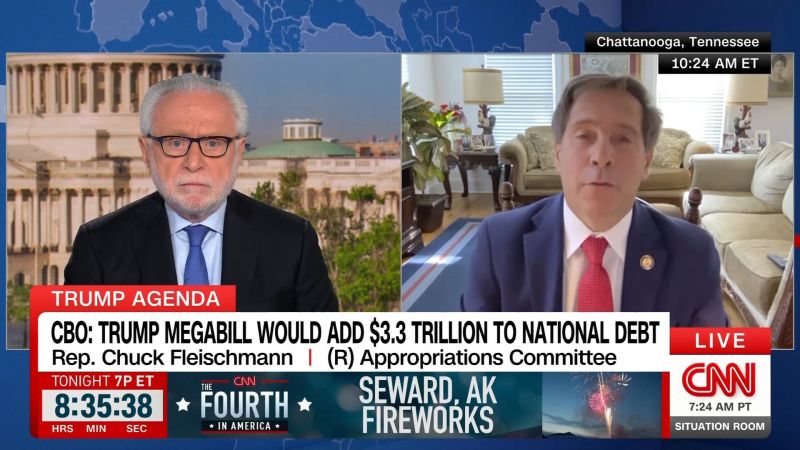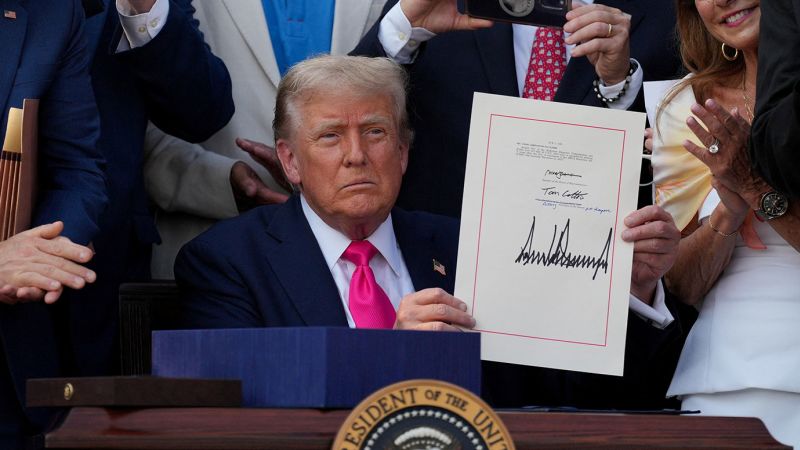HHS Cancels Meeting of Preventive Care Panel, Raises Concerns
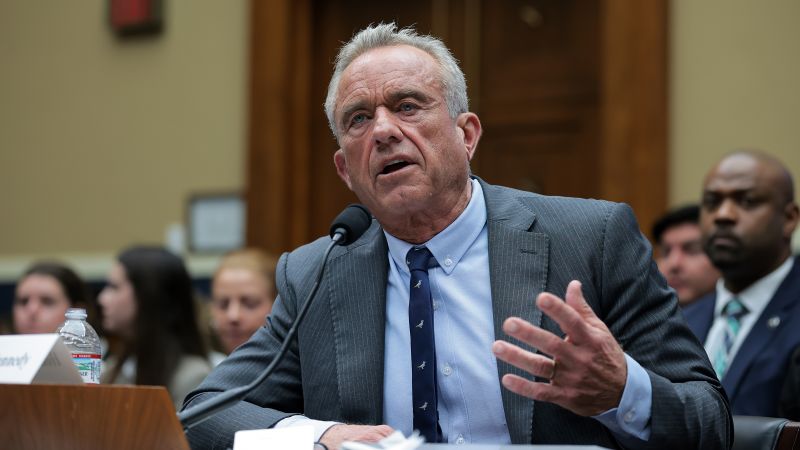
The U.S. Department of Health and Human Services (HHS) has unexpectedly cancelled a meeting of the U.S. Preventive Services Task Force, leading to growing concerns about the future of this critical advisory group. Scheduled for July 6, 2023, the meeting was set to discuss vital recommendations for preventive health care services, including cancer screenings and behavioral interventions aimed at reducing cardiovascular disease risk.
An HHS spokesperson confirmed the cancellation, stating that the office of HHS Secretary Robert F. Kennedy Jr. decided to postpone the meeting. According to a source familiar with the situation, who requested anonymity due to not being authorized to speak publicly, a notice was distributed on July 3, indicating the postponement. The notice expressed HHS’s commitment to working with the task force to enhance public health but did not provide a reason for the abrupt cancellation.
This decision comes as Secretary Kennedy seeks to transform health agencies and reduce what he perceives as the influence of the healthcare industry on U.S. health policies. Recently, he dismissed members of the Advisory Committee on Immunization Practices for the U.S. Centers for Disease Control and Prevention (CDC) and appointed new members, some of whom have previously expressed skepticism regarding vaccine safety.
Concerns regarding the potential dissolution of the Preventive Services Task Force have been voiced by those connected to it. A source indicated a palpable fear that the task force might face similar treatment as the CDC’s vaccine advisory committee. The implications of such changes could significantly affect how preventive services are recommended and implemented.
Sen. Patty Murray released a statement asserting the importance of the task force, emphasizing that its recommendations are critical for ensuring that cancer screenings and other essential preventive services are covered by insurance at no cost to patients. She expressed worry that Secretary Kennedy’s actions might indicate a systematic dismantling of the task force and its reliance on scientific evidence.
The task force, which was established in 1984, plays a crucial role in providing recommendations on preventive health services that insurers must cover without charge to patients, as mandated by the Affordable Care Act. This aspect of the law was recently upheld by the U.S. Supreme Court, which confirmed the constitutionality of the task force. Both the Biden and Trump administrations had previously advocated for its structure and recommendations.
Legal experts have noted that while the Supreme Court ruling was a victory for consumer advocates, it simultaneously grants Secretary Kennedy heightened control over the task force’s recommendations. Nicholas Bagley, a law professor at the University of Michigan, remarked on social media that this control creates a complicated situation, potentially compromising the objectivity of the task force’s recommendations.
Dr. Aaron Carroll, a pediatrician and CEO of AcademyHealth, expressed concern about the implications of political interference in the task force’s operations. He highlighted that the task force has traditionally functioned as a nonpartisan entity, providing science-based guidance across both Democratic and Republican administrations. Any shift towards political influence could undermine its essential role in improving health outcomes in the United States.
The agenda for the cancelled meeting was intended to include discussions on recommendations regarding healthy diet, physical activity, and weight loss initiatives to prevent cardiovascular disease. Typically, the task force convenes three times a year for in-person meetings and holds weekly virtual sessions to review ongoing health issues.
In light of the meeting’s cancellation, AcademyHealth along with over 100 other health organizations have urged congressional leaders to protect the integrity of the Preventive Services Task Force. The ramifications of altering the task force’s structure could extend beyond administrative functions, potentially affecting patient access to no-cost preventive care and altering how health practitioners approach preventive services.
As the situation develops, stakeholders in public health will be closely monitoring the actions of HHS and Secretary Kennedy, given their significant implications for the future of preventive health care in the United States.


